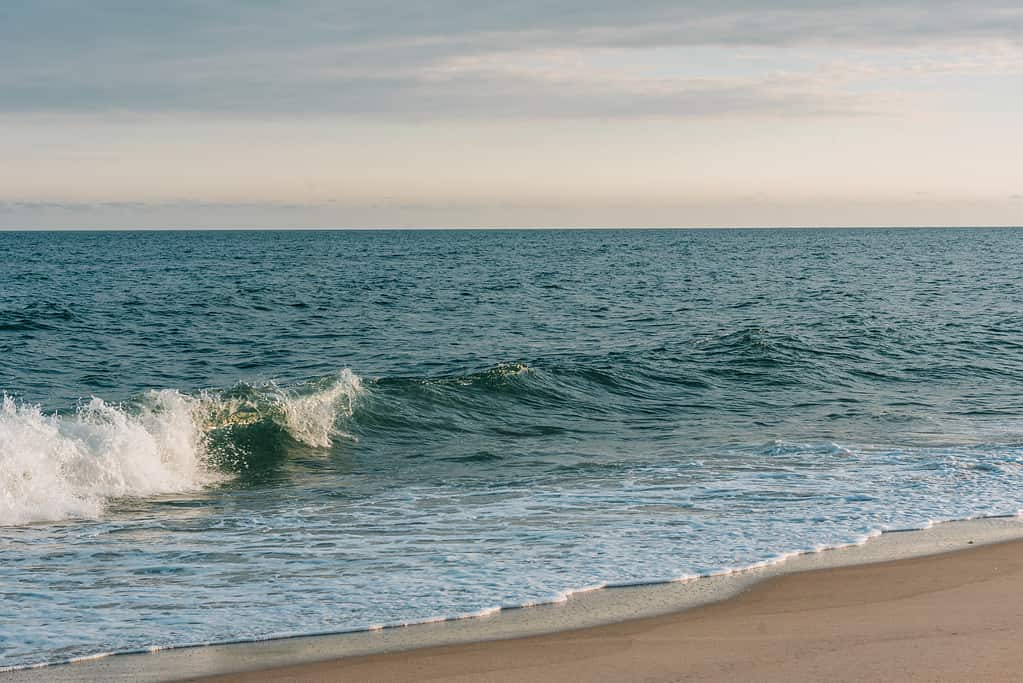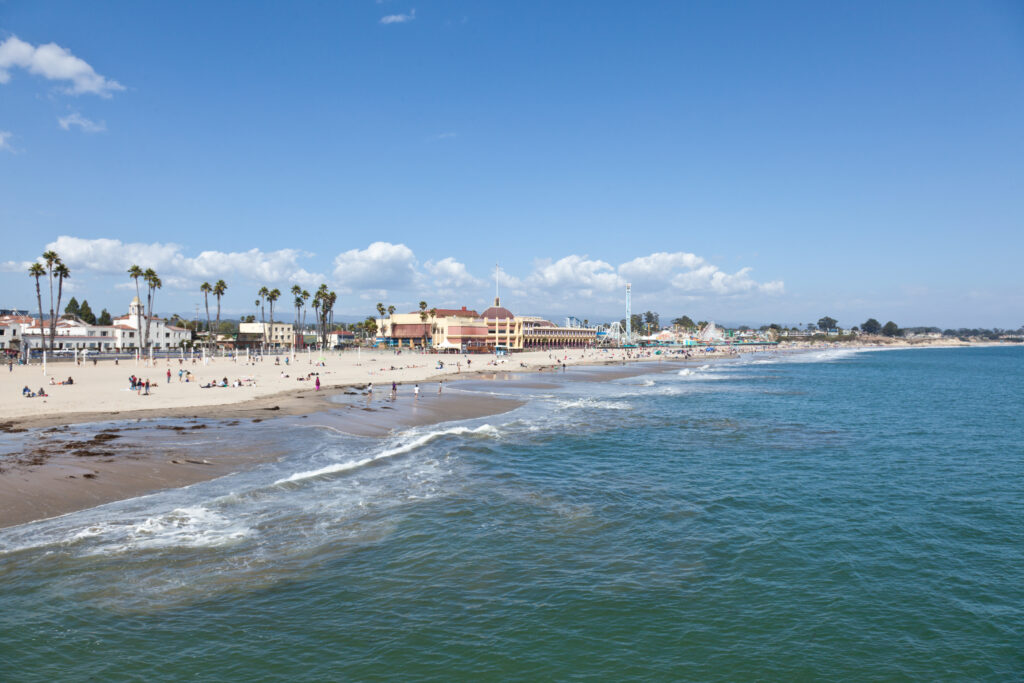Carbon is one of the most important elements on Earth, and it plays a major role in our climate. As such, understanding how carbon cycles through our planet’s systems is essential to managing its impacts. One key component of this cycle is reservoirs – large stores of carbon that can accumulate over long periods and help regulate global temperatures. In this article, you will discover the largest reservoir of carbon in the world and learn how it impacts our planet.
Discover the Largest Reservoir of Carbon in the World

©Jon Bilous/Shutterstock.com
The largest reservoir of carbon in the world is in the ocean. The ocean contains approximately 50 times more carbon than the atmosphere and 16 times more carbon than all plant and animal life on Earth combined. It holds an estimated 38 thousand billion metric tons (GtC) – more than twice as much as all other sources combined! This is primarily in the form of dissolved inorganic carbon (DIC) in the surface waters and as dissolved organic carbon (DOC) in deeper waters.
How Do Our Oceans Store Carbon?
The ocean serves two primary roles when it comes to storing carbon. Firstly, it absorbs atmospheric CO2 from burning fossil fuels. Secondly, marine life like plankton also takes up dissolved CO2 from surface waters and convert them into organic compounds for storage in their bodies or shells (known as “biological sequestration”). This process helps reduce the amount of excess CO2 remaining in our atmosphere.
Additionally, due to their immense size compared with land-based ecosystems like forests or grasslands, oceans have a greater capacity for absorbing vast amounts of additional Carbon dioxide before reaching a saturation point. For example, a study conducted by researchers at Stanford University found that if we were able to double current rates of fossil fuel emissions by 2050 then approximately half would be absorbed naturally by oceans without causing any significant changes in pH levels.
Is Carbon In The Ocean Good Or Bad?
The ocean is the largest carbon sink on Earth, meaning it absorbs more carbon dioxide (CO2) than any other place. This is both good and bad for our planet. On one hand, the ocean’s ability to absorb so much CO2 helps reduce levels of atmospheric greenhouse gases that contribute to global warming. On the other hand, too much CO2 in the oceans can lead to a decrease in pH levels which can have damaging consequences for marine ecosystems.
In addition to providing us with vital environmental benefits, oceanic reservoirs also offer numerous economic advantages too. For instance, they provide food security by supplying fish stocks; they support aquaculture industries, and they act as barriers against coastal erosion. It’s therefore clear why protecting these invaluable resources should be prioritized both now and in future generations!
Are Humans Causing More Carbon In The Ocean?

©Mariusz S. Jurgielewicz/Shutterstock.com
The amount of carbon stored in oceans has been increasing steadily since industrialization began several centuries ago due to human activities. For example, burning fossil fuels like coal and oil release large amounts of CO2 into the atmosphere that eventually make their way into our oceans via rivers or direct air-to-sea transfer. While this influx of extra carbon helps keep temperatures down on land by absorbing some incoming solar radiation before it reaches us, increased levels also cause a decrease in pH levels known as “ocean acidification.”
What Is Oceanic Acidification?
When excess amounts of CO2 are absorbed by seawater it forms an acid called “carbonic acid” which lowers pH levels and increases water acidity. This process is known as “ocean acidification”. Ocean Acidification has serious implications for marine life as some species may not be able to adapt quickly enough or at all due to their limited evolutionary capacity. This will lead them toward extinction if nothing changes!
What Happens When There Is Too Much Carbon In The Ocean?
Coral reefs are particularly vulnerable to excess carbon because they rely on a specific range of environmental conditions such as temperature and chemistry balance. When these parameters change drastically due to over-acidification then corals will suffer from bleaching events where they essentially starve themselves from lack of nutrients available in their environment.
Oceanic organisms are highly sensitive to changes caused by rising sea surface temperatures so even small increases have significant impacts on their health. From plankton up through larger fish populations all affected species will struggle with reduced food availability resulting from habitat destruction caused by higher water temperatures.
Additionally, shellfish may experience difficulty forming shells due to directly related chemical imbalances brought about when high concentrations dissolve calcium needed for calcifying structures like mollusk shells. This would make them vulnerable to predators who feed upon them, furthering the reduction of an already threatened species.
Altogether, these issues could result in an overall disruption to entire aquatic food webs leading to massive die-offs throughout various regions around the world, not just localized areas near pollution sources.
In Conclusion
In conclusion, we need to find a balance between removing excess atmospheric concentrations of Carbon dioxide while also taking care that we do not cause further damage with its presence within our oceans! We must act now so future generations don’t pay the price later. Only through collective effort can make a real difference before irreversible damage occurs!
The post Discover the Largest Reservoir of Carbon in the World appeared first on AZ Animals.
from Animal News, Facts, Rankings, and More! - AZ Animals https://ift.tt/gk584jS